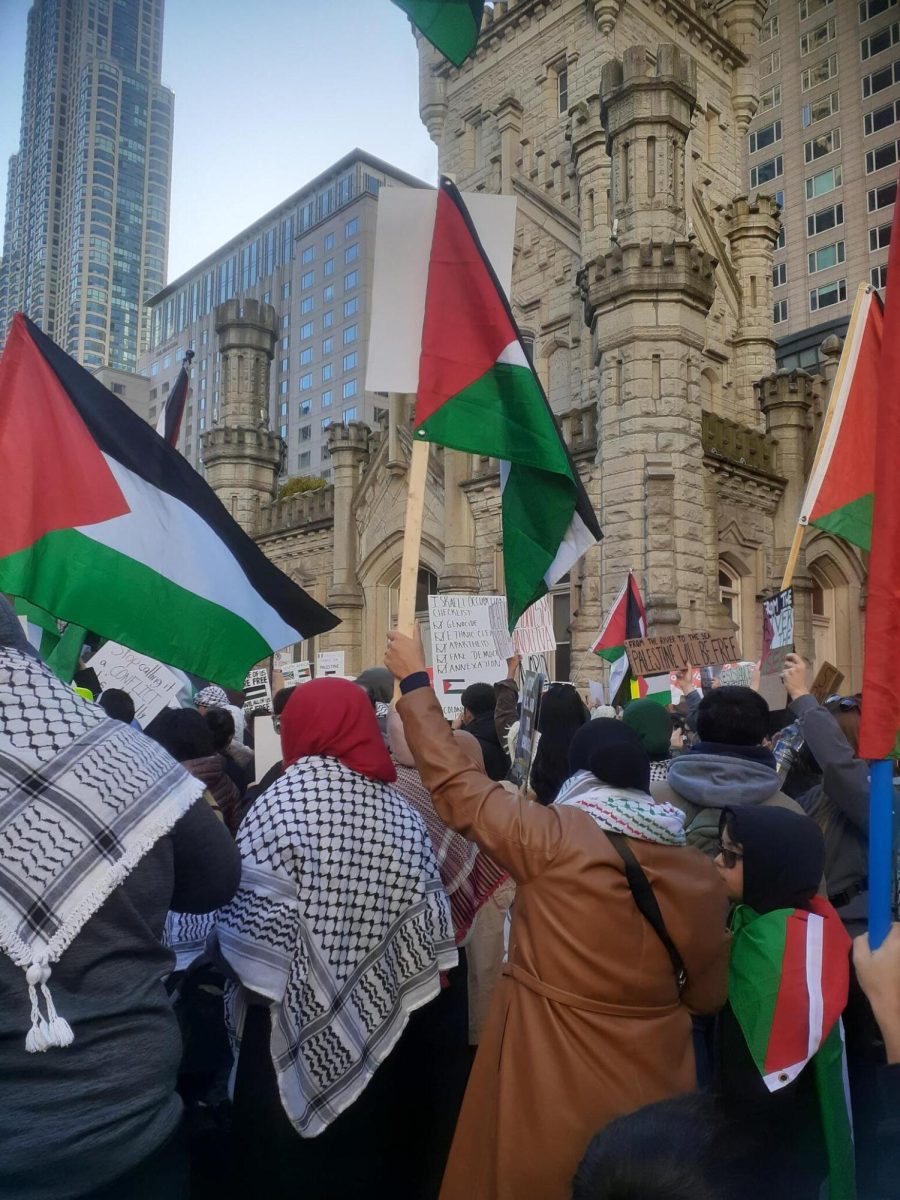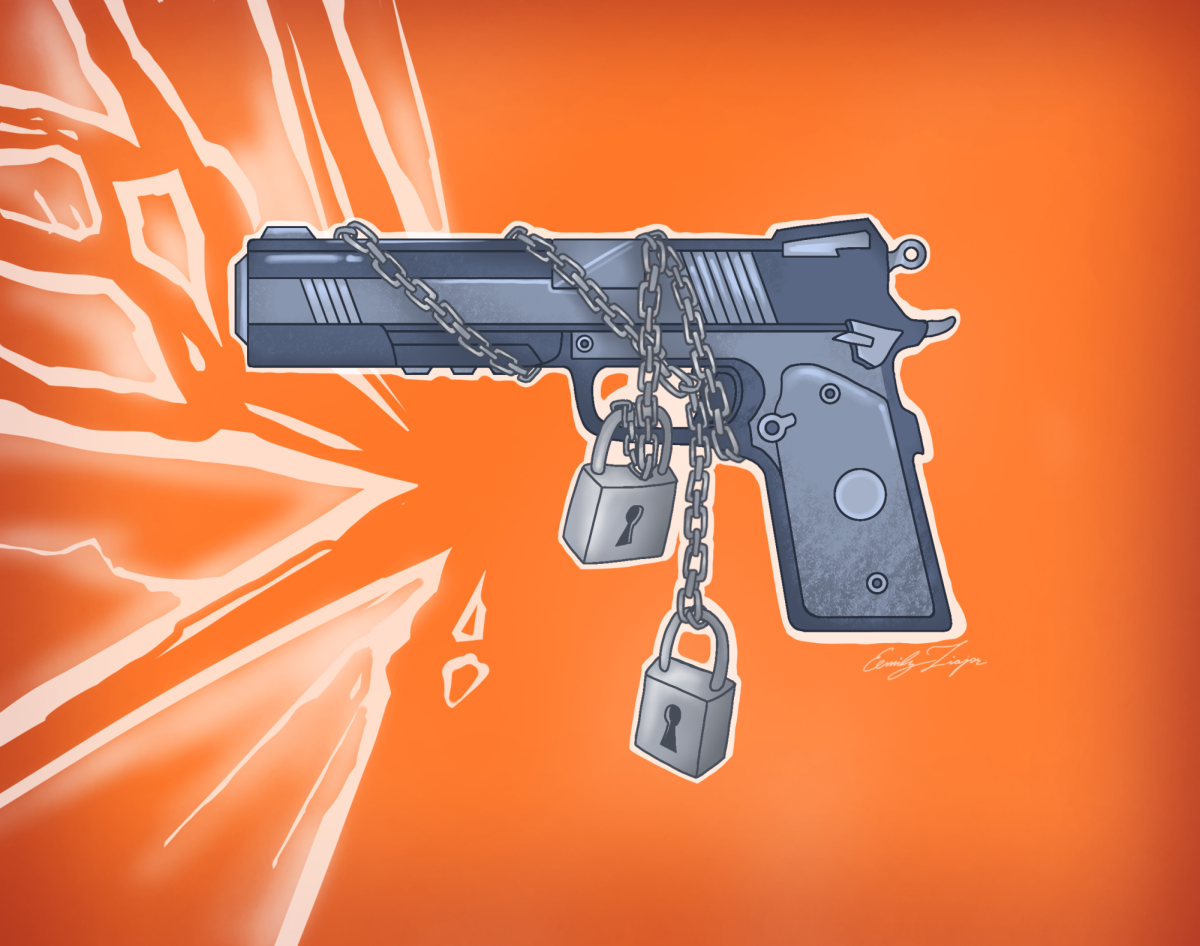Recently, the BBC has published two articles, one of which contains the headline “Ukraine war: Baby killed in Russian strike on Kharkiv hotel” and the other article titled “Hind Rajab, 6, found dead in Gaza days after phone calls for help.”
Both events are undeniably worthy of coverage and must be reported on. However, other news outlets report on the latter event in a different manner.
News outlet The New Arab covered the same event, titling their report on the matter “Six-year-old Hind Rajab and relatives ‘deliberately killed’ by Israel: Euro-Med.” They stated that according to renowned human rights organization Euro-Med Human Rights Monitor, Hind was deliberately targeted and killed by the Israeli army.
When reading the two aforementioned BBC headlines side by side, however, the difference in depiction and wording of each situation is conspicuous, especially the use of the words “killed” versus “found dead.”
If a leading human rights organization has professionally concluded that Hind was killed, why was this not specified in BBC’s headline regarding the incident? Considering how prominent the BBC is worldwide, they should presumably at least make mention of this analysis.
While both BBC articles make it clear that killing was involved in both situations upon reading them, the use of the words “found dead” in the headline downplays the adversity and dire circumstances Hind— as well as so many other Palestinians in the Gaza Strip— have endured and are currently enduring. Such a phrase will not invoke nearly as much alarm in readers as the word “killed.”
This difference in wording makes evident a bias that lurks in the media leaning heavily towards posing as social justice warriors for people from white European backgrounds enduring hardship at the expense of other groups facing injustice in the world. It exposes a rampant double standard regarding the concept of being an upstander for what is right. After all, if one stands for justice in general, one will condemn the killing of any child, no matter their ethnicity, nationality or background.
The understatement of humanitarian crises among minorities, particularly Muslims and Arabs as of recent, contributes to the widespread dehumanization of these same groups. When the seriousness of siege, war, genocide and other atrocities endured by religious and ethnic minorities are downplayed verbally through passive language such as “found,” people are much less likely to attain full awareness of what exactly these disadvantaged groups are facing.
On top of injustices against them being understated, minority groups are sometimes outright demonized through mass media. An opinion article from the Wall Street Journal recently dubbed Dearborn, Mich. as “America’s Jihad Capital” on account of its significant Arab-Muslim population who voice support for Palestinians, implying that the city is a home to terrorists. New York Times columnist Thomas Friedman likened Middle Eastern countries to various insects, and in comparison, likened the U.S. to a lion. While these may be opinion pieces, the outright dehumanization and disrespect of these groups is evident; being opinionated should never amount to holding harmful views.
Such xenophobia has been made evident in attitudes among the American public. A poll from December 2015 conducted by Public Policy Polling revealed that a third of 530 Republican American voters were in favor of bombing “Agrabah,” which is the name of the fictional kingdom in the 1992 Disney film “Aladdin” takes place in. It appears the group in question who answered the poll simply saw that “Agrabah” was an unfamiliar, foreign-sounding name and immediately concluded that this supposed “country” must be bombed because it sounds different and must be home to menacing terrorists.
These attitudes even influence local lawmakers to make hostile remarks. Orland Park, Ill. Mayor Keith Pekau told Gaza ceasefire supporters at a village board meeting to “go to another country” for supporting the idea of a ceasefire, sparking intense backlash.
As a matter of fact, bias pertaining to different nationalities and ethnicities can be proven by credible statistical evidence and research-based studies.
William Youmans, professor of Media and Public Affairs at George Washington University who was featured on the WNYC “On the Media” podcast conducted a study regarding what kinds of people were being most prominently featured on news talk shows to explain the circumstances of Israel and Gaza. He reviewed 51 hours worth of television from various news channels that aired between Oct. 8 and Jan. 14.
“I found that overwhelmingly, most of the guests were American, 120 out of 140,” said Youmans. “Of those guests, not one of them was Arab or Palestinian-American. The driver of the pro-Israeli arguments in these shows was US officials.”
The findings of Youmans’ study reveal a tendency within mass media to favor one side of a story over another, demonstrating bias and the desire to promote a particular narrative as opposed to exposing audiences to the voices of people from various backgrounds and situations.
“It’s not anti-Israel to say that there needs to be more perspectives than just the Israeli perspective,” he added. “To me, this is about are the US media doing what’s journalistically appropriate in presenting a diverse array of viewpoints or are they overwhelmingly presenting one set of standpoints that would be more sympathetic to Israel. I found, unfortunately, overwhelming evidence for the latter.”
Mona Chalabi, a British data journalist, illustrator and writer, extensively researched several news reports on Israelis and Palestinians and discovered a preference for detailing more struggles for Israelis over detailing Palestinian struggles, providing examples with BBC reporting.
“In BBC reporting, Israelis were far more likely to be described as murdered, massacred, slaughtered than Palestinians,” she said. “There were 23 times that Israelis were described as being massacred and only occurred once for Palestinians. The term slaughtered was used 20 times to describe Israeli deaths and zero times to describe Palestinian deaths… Similarly, by the way, when BBC reporting, Israelis were more likely to be humanized in the reporting. Israelis would be described as mothers, grandmothers, daughters, fathers, husbands, sons.”
Considering the nonnegotiable video and photo evidence of the violence and starvation Palestinians are currently facing, refusing to provide a proper amount of coverage as well as thoroughly acknowledge the dire state of such situations unravels an unjust narrative that seeks to silence specific groups of oppressed peoples based on religious or ethnic backgrounds. After all, Israelis are parents, children, and family members of people, but so are Palestinians. Trying to emphasize the humanity of one group over another is inhumane in itself. If two different people are killed, it is our responsibility to face the fact that both of them were killed unjustly, not profess the innocence of one person and downplay the humanity of the other.
Mass media plays a pivotal role in shaping the public’s views on people of different ethnicities, nationalities and groups. What kind of ideas are we promoting if we refuse to face the facts of what is happening to all kinds of people and not just a few particular groups?
As a Courier staff writer, I can not help but feel ashamed of journalists writing for big-name outlets like the BBC and the like who contribute to this selective sympathy. I remember our policies here at the Courier and how much we emphasize public input, reduction of bias and hearing multiple sides to a story. I wish that all outlets and all journalists implemented similar protocols.
As readers and media consumers exposed to multitudes of information available at our fingertips through our cell phones and computers, we have a duty to question and fact-check the news we receive and the headlines that take center stage on the social media platforms we use on a daily basis. Nearly all of us have the means to do our own research on world affairs and be educated so that proper awareness is spread and justice is promoted for all.
Selective Sympathy Amounts to Hypocrisy
Varying media coverage of international adversities suggests bias when it comes to demonstrating sympathy.
Areej Khalid, Staff Writer
March 4, 2024
Demonstrators hold Palestinian flags at a Nov. 12 protest on Michigan Avenue in Chicago, Ill.
More to Discover










Prudy Widlak • Mar 5, 2024 at 12:31 pm
A perceptive article. Thanks, Areej.
Areej Khalid • Mar 5, 2024 at 6:58 pm
Thank you for reading!